Israel, militarily defeated in Gaza, now has to pay price for Haniyeh’s assassination
By Julia Kassem
For almost ten months, the Zionist entity’s ability to continue to occupy Palestine has been seriously challenged amid irreversible damages inflicted on it by the Axis of Resistance in the aftermath of Operation Al-Aqsa Storm which redefined power dynamics in the region.
Beginning with the launch of the unprecedented military operation on October 7, 2023, smashing the illusion of Israeli military invincibility, the resistance forces joined hands to decimate the Israeli regime’s military equipment and infrastructure, to cripple its economy through a string of coordinated attacks on its ships, ports, and a continued war of attrition that has prolonged the mobilization of military reserves, interrupting industry operations, tourism, and pushing tens of thousands of illegal settlers to flee the occupied territories.
The resurgent resistance front has over the past ten months pushed the illegitimate entity to a breaking point both internally and externally. The Zionist entity has failed to achieve any of its military objectives, which include “defeating Hamas” and freeing its captives.
The Zionist entity has lost both the war and the battle of narratives. It has lost the backing of both its own settlers as well as many allies in the Western world for its incompetence and depravity, resorting to a never-ending genocidal war without accomplishing anything.
Pressed with the humiliating military withdrawals and losses in Gaza, the Zionist entity had to fast-track the plan of expanding its genocidal war into Lebanon with American backing.
Benjamin Netanyahu’s latest visit to Washington and address to the US Congress came as the Zionist entity faces mounting US pressure to wrap up its failed military adventurism in Gaza. Ahead of the election in the US, the Democratic Party is aware of the implications of the Gaza war continuing and expanding to other parts of the region.
The Democrats, wanting the Israeli regime’s genocidal war to blow over so they can return to supporting Zionism in a more PR-friendly way, are banking on a quick end that can be claimed as a victory for the Biden’s administration and whitewash its ironclad support to the Netanyahu regime since October last year, which has resulted in nearly 40,000 murders.
With Israel finding itself at the brink of extinction, it resorted to another foolhardy military adventurism by assassinating Ismail Haniyeh, Hamas’s head of political office, in a raid on his residence in Tehran, where he was to attend new Iranian president Masoud Pezeshkian’s swearing-in ceremony.
He, along with Islamic Jihad leader Ziad Nakhaleh, also called on the Leader of the Islamic Revolution Ayatollah Seyyed Ali Khamenei on the sidelines of the event.
Carrying out a political assassination, away from the battlefield, the regime sought to stoke tension between Iran and the Palestinian resistance, because the Islamic Republic of Iran remains the main supporter of the Palestinian resistance and the Axis of Resistance.
In Gaza and Lebanon, the entity has consistently failed to target any meaningful military infrastructure or sites. Its plans, including flooding the besieged territory with seawater, have miserably failed.
Leader vows to avenge blood of 'dear guest' Haniyeh, warns Israel of ‘harsh punishment’
— Press TV 🔻 (@PressTV) July 31, 2024
Read more: https://t.co/Wnpcdz5rak pic.twitter.com/vdjsnOFuCu
It has also failed to take out key resistance commanders in the narrow strip, who continue to plan and execute complex military operations against the regime forces.
Instead, it has always targeted leaders of the Resistance Axis in other countries, including Hamas leader Saleh al-Arouri in Beirut on January 3, and now Haniyeh in Tehran.
These assassinations of high-profile figures, especially diplomatic figures like Al-Arouri or Haniyeh, should be taken as acts of extreme weakness and desperation rather than strength.
On July 27, Hezbollah was falsely accused by the Zionist entity of killing 12 Syrian Druze youth in the occupied Golan Heights. Netanyahu was doing his latest bidding in US Congress at the time, in order to lobby for more support to expand the war into Lebanon – which Americans have been extremely wary about, fully aware of its ugly consequences.
The killing of children on the Majdal Shams soccer field – most likely by a failed Israeli Iron Dome interceptor or another projectile elsewhere -- gave the embattled Israeli premier the perfect pretext to secure US support to bomb the southern suburbs of Beirut.
Contrary to what many pundits claim, Israel’s attack does not demonstrate any prowess in its military or intelligence capabilities, having failed repeatedly to strike meaningful targets of Hezbollah or Hamas, despite the full military support of the US.
The only prowess the apartheid regime has is massacring children and women in schools, hospitals and refugee camps in the Gaza Strip, which has been on full display in recent months
The regime forces withdrew from the southern Gaza city of Khan Younis on July 30, taking with it only the “success” of beheading more babies and killing more civilians.
On July 13, they claimed victory for the “assassination” of Muhammad al-Deif in a terrorist bombing on al-Mawasi, west of Khan Younis, a claim that eventually turned out to be false.
As Hamas official Khalil al-Hayya said at the time, “al Deif hears you now, and is mocking you.”
Internal fissures and fractures in the regime intensified when, as Netanyahu was making his way home from his begging world tour, settlers stormed a military court, angry that Israeli occupying forces were even being questioned after they had brutally raped prisoners with rods.
The grave security breach and lack of maintenance of the rule of law (both in terms of the chaos caused by settlers at a military court and the barbarity they were defending) which Israeli media admitted was “unprecedented in all scales,” complicated its plans to invade Lebanon and further exposed the illegitimate entity’s fragility at every level.
A group of university professors held a gathering at Tehran University to condemn the assassination of Hamas leader Ismail Haniyeh.
— Palestine Highlights (@PalHighlight) July 31, 2024
Follow Press TV on Telegram: https://t.co/fvRn3KuApw pic.twitter.com/2i5xlC1fLu
As Haniyeh was the one leading ceasefire negotiations on behalf of Hamas, the US and Israel once again showed – if it was not evident from large-scale massacres against children and civilians – that they would opt for war and destruction even if it burned the entire region.
When Israel failed to assassinate Sinwar or Deif in Gaza, it set its sights on Haniyeh in Tehran to facilitate an illusion of victory against the resistance movement that has exposed the regime’s failures on multiple levels in the past ten months.
The assassination of Haniyeh must not be viewed as a “weakness” of Iran's security apparatus or the Palestinian resistance, whose brave leadership embraces the honor of martyrdom, but another sign of the depravity of the Zionist entity in targeting political figures and missions, which isn’t different from what they do to crowded refugee camps, schools, shelters and homes in Gaza and Lebanon.
To score some brownie points, Israel targeted Hezbollah commander and advisor Fuad Shukri on Tuesday, and Haniyeh on Wednesday, both obviously with the US green light.
Such cowardly attacks won’t give Israel superiority over Hezbollah, the IRGC, or any faction of the resistance axis. Iran’s 'Operation True Promise' on April 14 – two weeks after Israel bombed the Iranian embassy in Damascus -- inflicted heavy blows on “Nevatim” and “Ramon” airbases.
Iran’s first direct counterattack against the regime was enough to paralyze it and convey the message to the US to pressure it to avoid further confrontation with Iran.
With last night’s assassination by the Israeli regime crossing all red lines, it will now be responsible for what happens next. Assassinating a political and diplomatic figure is a grave mistake.
Neither Iran nor Palestine will suffer in terms of their capabilities or their unbreakable bond, which has continued to strengthen in the face of adversities.
The regime and its Western backers obviously haven’t taken lessons from the martyrdom of top anti-terror commander Lt. Gen. Qassem Soleimani in 2020 or the 1992 assassination of former Hezbollah chief Sayyed Abbas Musawi.
Now the ball is in the court of the Axis of Resistance to teach the Zionist regime a lesson it probably will never forget. A statement by Ayatollah Khamenei on Wednesday, vowing to avenge the blood of a “dear guest,” indicated what lies ahead.
Julia Kassem is a Beirut-based writer and commentator, whose work appears in PressTV, Al-Akhbar, and Al-Mayadeen English. She also appears on Press TV's Expose show.
(The views expressed in this article do not necessarily reflect those of Press TV.)

US engaged in direct talks with Hamas: White House
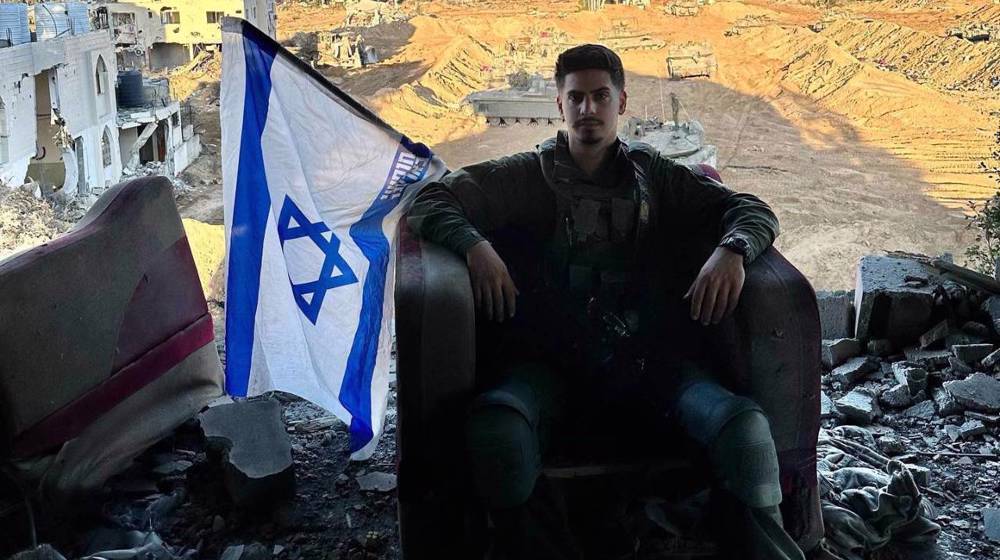
Hind Rajab Foundation files war crimes case in Germany against Israeli soldier
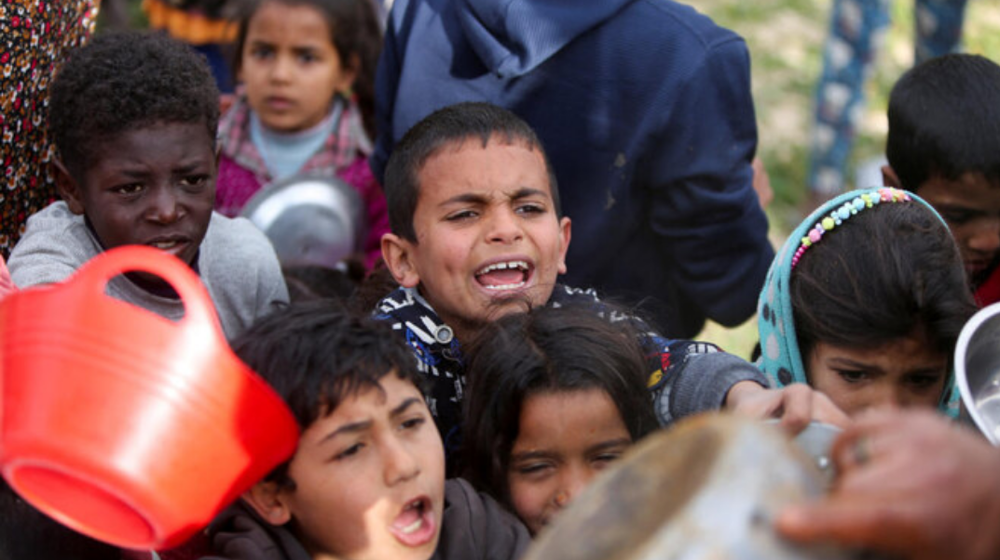
South Africa slams Israel for weaponizing starvation in Gaza
Iran envoy urges joint action with Afghanistan to resolve refugees issue
Columbia University students criticize brutality against pro-Palestinian protests
Why any post-war 'plan' for Gaza that ignores Hamas is doomed to fail
VIDEO | Public anger in South Korea as 15 civilians wounded in US war games
Sky News runs 'smear campaign' to ban Lebanese scholar in Australia
VIDEO | Press TV's news headlines
Yemen dismisses new designation by ‘terrorist US’, calls Gaza ‘paramount’
Columbia University students protest Naftali Bennett invitation


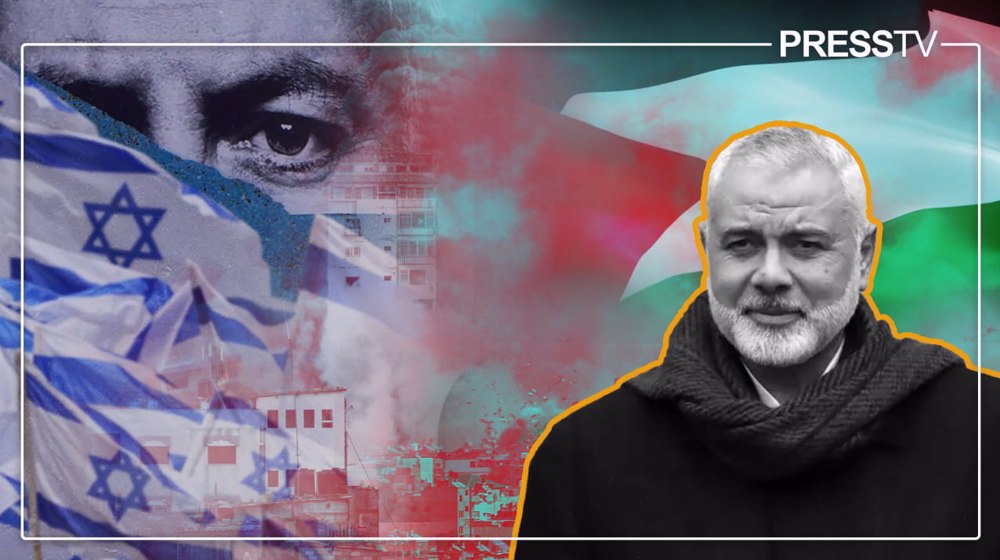



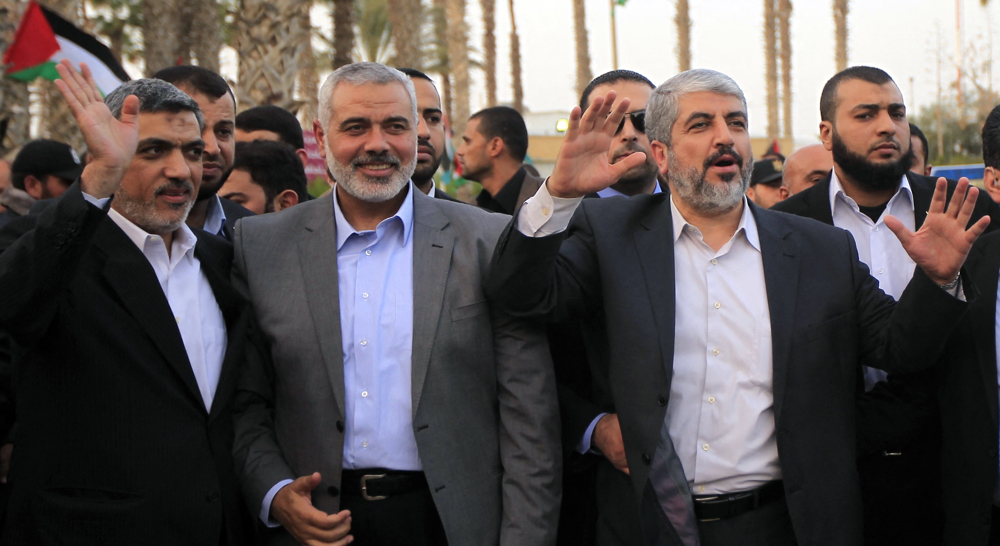
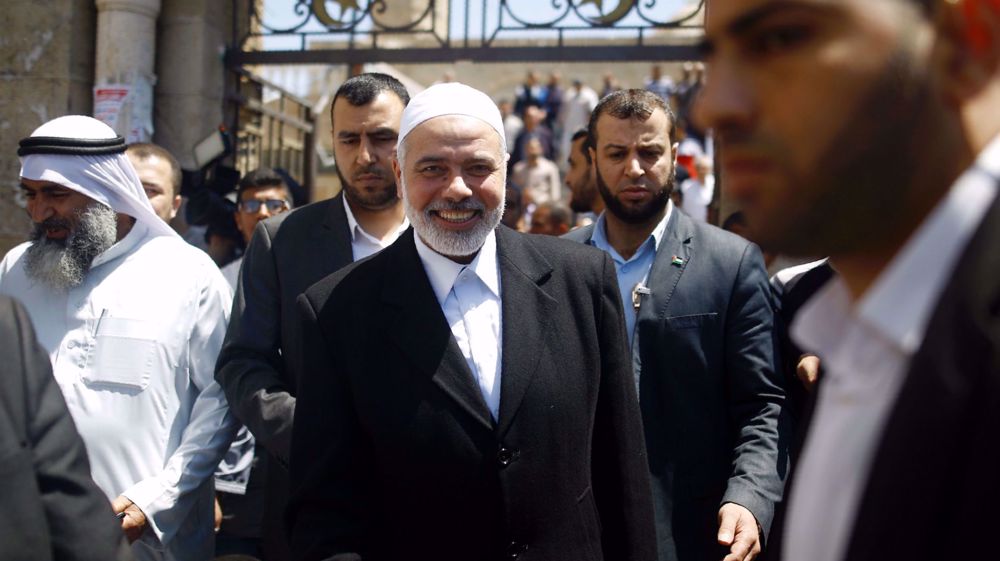
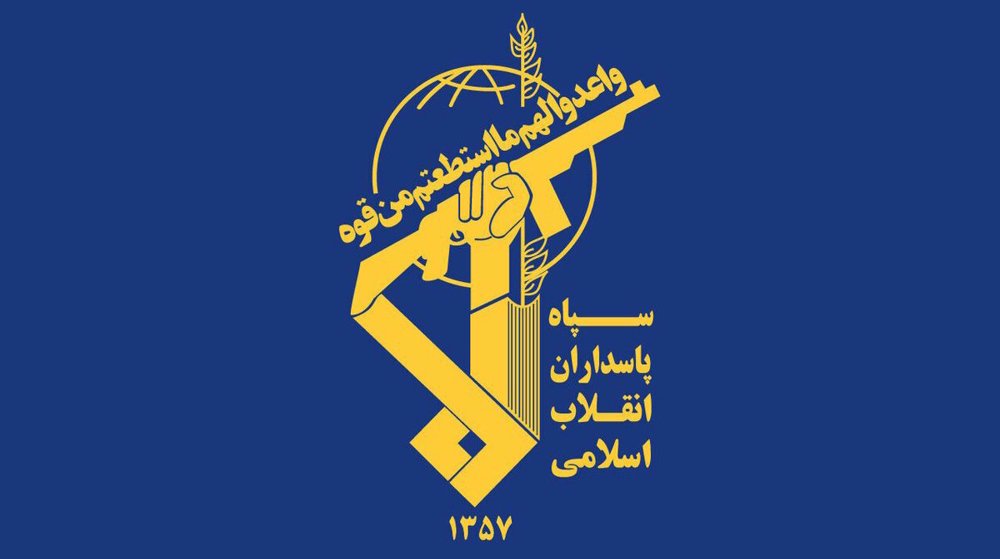
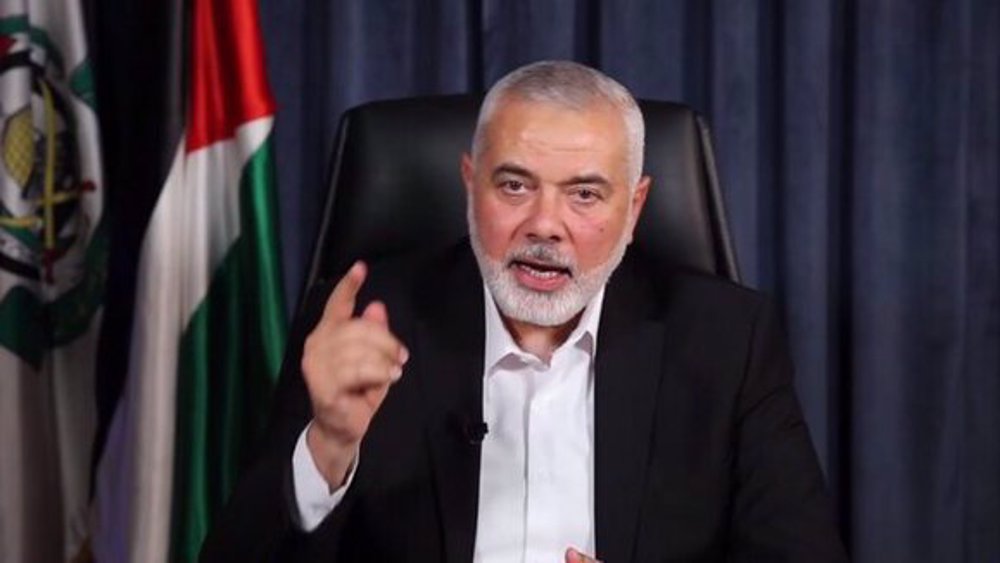
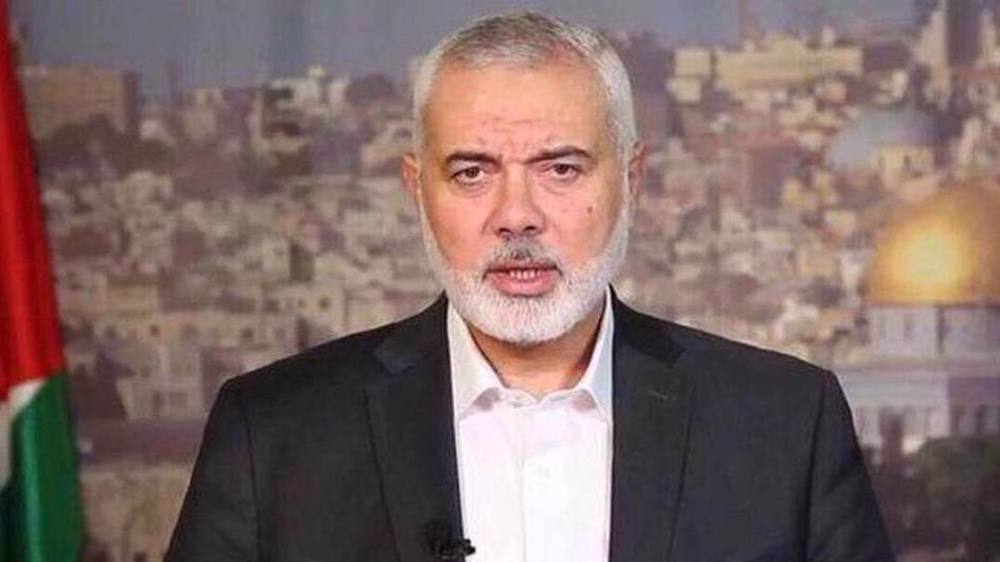

 This makes it easy to access the Press TV website
This makes it easy to access the Press TV website